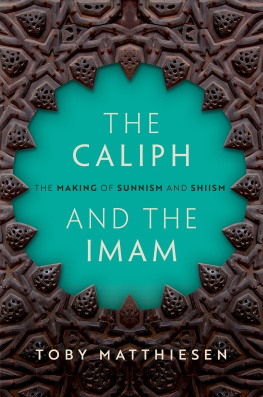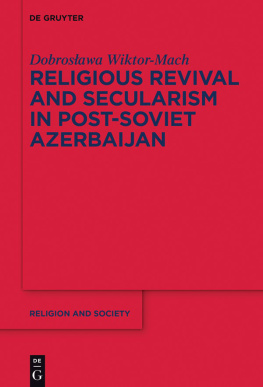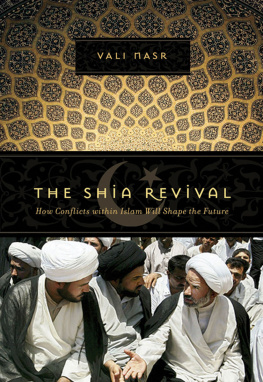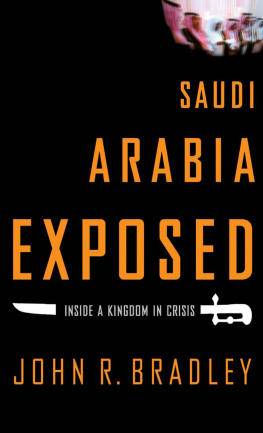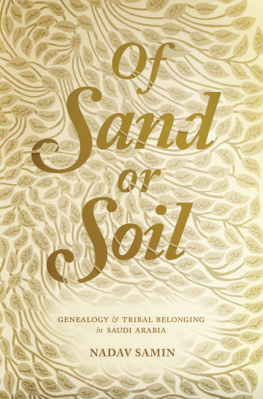The Other Saudis
Toby Matthiesen traces the politics of the Shia in the Eastern Province of Saudi Arabia from the nineteenth century until the present day. This book outlines the difficult experiences of being Shia in a Wahhabi state, and casts new light on how the Shia have mobilised politically to change their position. Shia petitioned the rulers, joined secular opposition parties, and founded Islamist movements. Most Saudi Shia opposition activists profited from an amnesty in 1993 and subsequently found a place in civil society and the public sphere. But since 2011 a new Shia protest movement has again challenged the state. The Other Saudis shows how exclusionary state practices created an internal Other and how sectarian discrimination has strengthened Shia communal identities. The book is based on little-known Arabic sources, extensive fieldwork in Saudi Arabia, and interviews with key activists. Of immense geopolitical importance, the oil-rich Eastern Province is a crucial but little known factor in regional politics and Gulf security.
TOBY MATTHIESEN is a Research Fellow in Islamic and Middle Eastern Studies at Pembroke College, University of Cambridge.
Cambridge Middle East Studies
Editorial Board Charles Tripp (general editor), Julia Clancy-Smith , F. Gregory Gause , Yezid Sayigh , Avi Shlaim and Judith E. Tucker
Cambridge Middle East Studies has been established to publish books on the nineteenth- to twenty-first-century Middle East and North Africa. The series offers new and original interpretations of aspects of Middle Eastern societies and their histories. To achieve disciplinary diversity, books are solicited from authors writing in a wide range of fields including history, sociology, anthropology, political science, and political economy. The emphasis is on producing books affording an original approach along theoretical and empirical lines. The series is intended for students and academics, but the more accessible and wide-ranging studies will also appeal to the interested general reader.
For a list of titles published in the series, please see .
The Other Saudis
Shiism, Dissent and Sectarianism
Toby Matthiesen
University of Cambridge
32 Avenue of the Americas, New York, NY 10013-2473, USA
Cambridge University Press is part of the University of Cambridge.
It furthers the Universitys mission by disseminating knowledge in the pursuit of education, learning and research at the highest international levels of excellence.
www.cambridge.org
Information on this title: www.cambridge.org/9781107618237
Toby Matthiesen 2015
This publication is in copyright. Subject to statutory exception and to the provisions of relevant collective licensing agreements, no reproduction of any part may take place without the written permission of Cambridge University Press.
First published 2015
Printed in the United States of America
A catalog record for this publication is available from the British Library.
Library of Congress Cataloging in Publication data
Matthiesen, Toby, 1984 The other Saudis : Shiism, dissent and sectarianism / Toby Matthiesen.
pages cm. (Cambridge Middle East studies ; 46) Includes bibliographical references and index.
ISBN 978-1-107-04304-6 (hardback) ISBN 978-1-107-61823-7 (paperback) 1. Sharqiyah (Saudi Arabia : Province) Politics and government. 2. Sharqiyah (Saudi Arabia : Province) Religion. 3. Shiah Relations Sunnites.
4. Sunnites Relations Shiah. 5. Shiites Political activity Saudi Arabia Sharqiyah (Province) History. 6. Islam and politics Saudi Arabia Sharqiyah (Province) History. 7. Dissenters Saudi Arabia Sharqiyah (Province) History.
8. Sects Political aspects Saudi Arabia Sharqiyah (Province) History. I. Title.
DS247.9.S52M38 2014
305.6978209538dc23 2014016638
ISBN 978-1-107-04304-6 Hardback ISBN 978-1-107-61823-7 Paperback
Cambridge University Press has no responsibility for the persistence or accuracy of URLs for external or third-party Internet Web sites referred to in this publication and does not guarantee that any content on such Web sites is, or will remain, accurate or appropriate.
To my parents
Contents
Maps and Pictures
Maps
Pictures
Acknowledgements
This book is the product of countless conversations, extensive fieldwork and a close reading of textual sources. During my main period of fieldwork in Saudi Arabia, in 2008, discussing the histories and contemporary manifestations of being Shia in Saudi Arabia was possible in a way that it would not be for much longer. The mid-2000s were characterised by national dialogues and a public recognition on the part of King Abdullah that the Shia are an integral part of Saudi Arabia. Unlike in previous decades, particularly the most confrontational phase between 1979 and 1993, the history of Shia dissent, and of discrimination against them, was a topic that some Saudis were willing to discuss. When I finished the doctorate on which this book is based in 2011, what is often simplistically called the Shia question in Saudi Arabia was framed very differently, however. Shia in the Eastern Province had staged mass protests for more rights, which undermined the notion that Saudi Arabia was somehow exempt from the fallout of the Arab uprisings. Research on Saudi Arabia, and particularly on a sensitive issue such as Shia politics, is extremely difficult and sources are hard to come by. While I had the opportunity to carry out fieldwork across Saudi Arabia, including in various cities and villages of the Eastern Province, I broadened the geographical scope of my fieldwork considerably. I interviewed Saudi Shia, opposition activists but also clerics, intellectuals, journalists and less politically active people in Europe, the United States, Bahrain, Kuwait, Syria and Lebanon. Across these countries I also searched for opposition publications and local historiographical books on Saudi Shia history. I found some on the outdoor book market in the Eastern Province city of Qatif, where one can buy books that are banned in Saudi Arabia for discussing Shia religious In many ways, the two books complement each other, The Other Saudis outlining the historical struggle of the Shia in Saudi Arabia, and Sectarian Gulf detailing the protest movements and sectarian politics across the Gulf since 2011.
Many people have made this research possible; this list will inevitably be incomplete. Some of the Saudis and other Khalijis who shared their memories with me asked to remain anonymous but I hope they will recognise their voices in the book. Charles Tripp, the supervisor of my doctoral dissertation, and Laleh Khalili, my second supervisor, have been a tremendous source of support. In Saudi Arabia, I am indebted to Awad al-Badi, Sadiq al-Jubran, Habib Al Jumay, Kamil al-Khatti, Jafar al-Shayib and many others. Several friends and colleagues have commented on earlier versions of this manuscript, and have in some cases read it several times. Their comments have significantly improved this book, and I am beholden to them: Khalid Abdallah, Safa Al Ahmad, Khadija von Zinnenburg Carroll, Werner Ende, Thomas Hegghammer, Claudia Honegger, Laurence Lour, Laetitia Nanquette, James Piscatori, Anees Alqudaihi, Siavush Randjbar-Daemi, Glen Rangwala, Madawi al-Rasheed, Adrian Ruprecht, Tawfiq al-Sayf, Roger Tomkys, Kristian Coates Ulrichsen, Marc Valeri, Max Weiss and Alice Wilson, as well as the Cambridge reviewers. Louis Allday deserves a special mention for coining the term that became the title of this book, and for reading this manuscript over and over again. Ali al-Ahmad, Hamza al-Hasan, Fuad Ibrahim, Toby Jones, and Guido Steinberg have shared their private archives and libraries with me and have been very generous with their time. In addition, I would like to thank Abd al-Nabi al-Akri, Atef Alshaer, Rochana Bajpai, Matthias Determann, Nelida Fuccaro, Ulrike Freitag, Robert Gleave, Arshad Hadjirin, Kai Hafez, Bernard Haykel, Steffen Hertog, Ghanim Jawad, Gilles Kepel, Ubay al-Khunayzi, Gudrun Krmer, Stphane Lacroix, Marc Lynch, Phebe Marr, Kai Matthiesen, J.E. Peterson, Amlie Le Renard and Reinhard Schulze.


